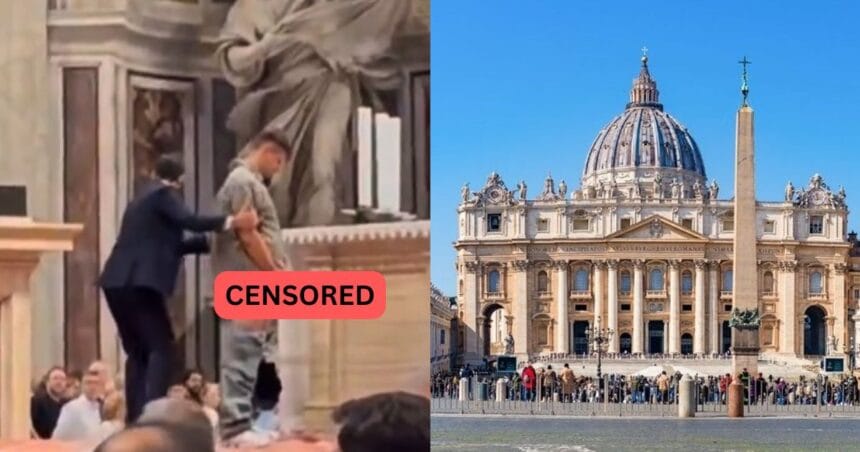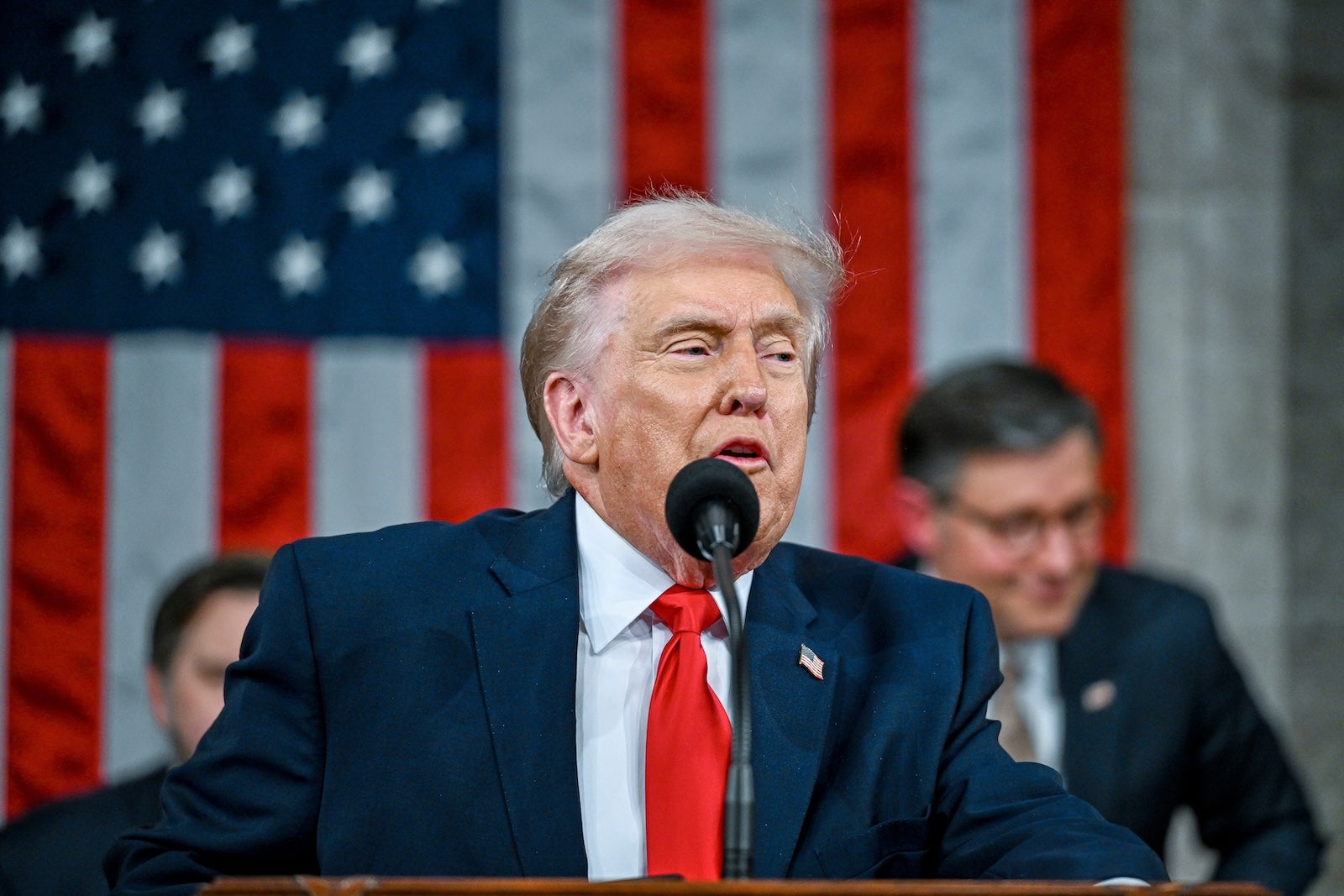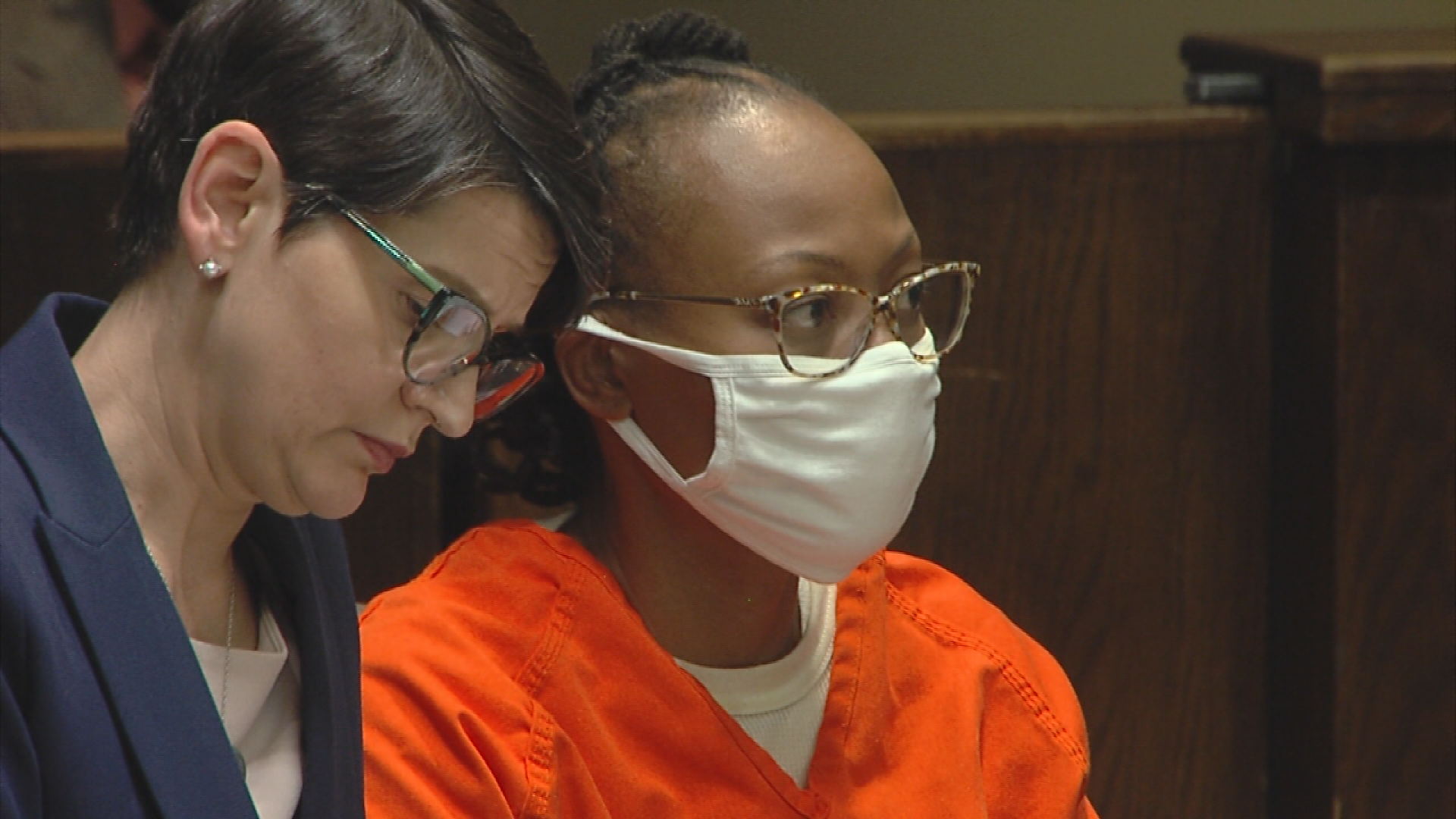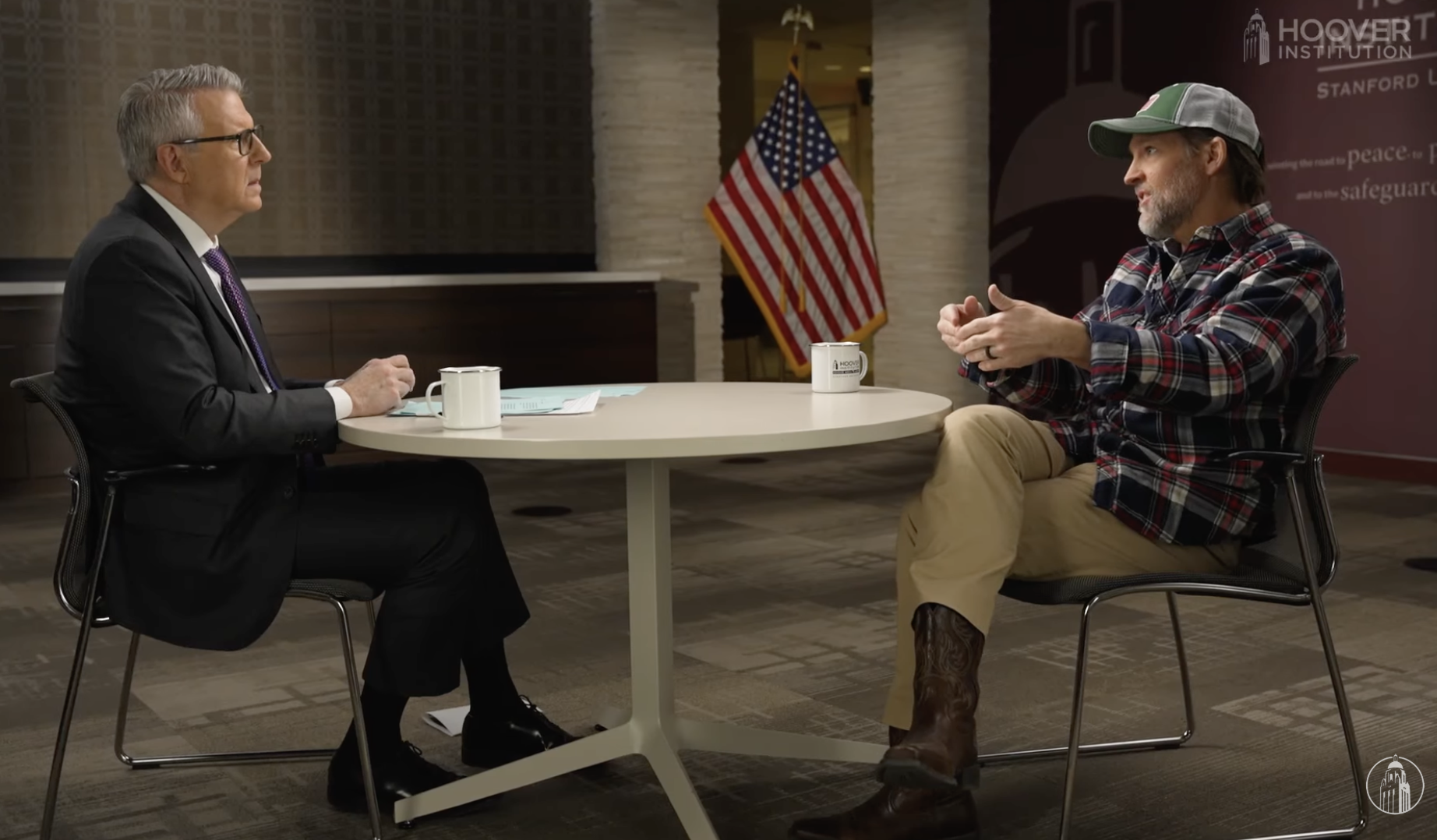VATICAN: Muslim Desecrates St. Peter's Basilica AGAIN

On October 10, 2025, during Friday liturgy at St. Peter's Basilica in Vatican City, a man climbed onto the Altar of Confession—one of Catholicism's most sacred sites and, what's worse, urinated in full view of tourists and worshippers. Vatican security detained the individual immediately, and investigations are ongoing.
The incident occurred at the central altar beneath Bernini's bronze baldacchino, directly above the traditional burial site of St. Peter. The Altar of Confession is restricted to papal use, making the desecration particularly significant in Catholic liturgical tradition.
Vatican spokesman did not immediately release details about the perpetrator's identity, motivation, or mental state. The incident prompted renewed scrutiny of basilica security protocols, as St. Peter's welcomes tens of thousands of daily visitors as both a house of worship and major tourist destination.
The Rio Times, covering key religious developments October 8-13, described it as "a grave act of profanation" that "prompted renewed scrutiny of basilica security." The report noted: "High-profile sacrilege raises safety and liturgical-security concerns at global Catholicism's foremost shrine."
The altar was immediately closed for ritual purification according to Catholic canon law governing desecrated sacred spaces. The incident received limited mainstream media coverage but circulated widely on Catholic social media, prompting discussions about security, mental illness, and the protection of sacred spaces in an increasingly secular and sometimes hostile cultural environment.
This is only the latest in recent decerations:
- October 2025: A man climbed onto the Altar of Confession, which sits over the tomb of St. Peter, and urinated in front of tourists. Pope Leo XIV requested an act of reparation, which was led by Cardinal Gambetti, to purify the altar.
- February 2025: A man with mental health issues jumped onto the main altar, pulled off the altar cloth, and threw several 19th-century candelabras to the ground, damaging them. The man was arrested and placed in the custody of Italian authorities.
- June 2023: A Polish man stripped naked on the same altar to protest the war in Ukraine, with the words "Save children of Ukraine" written on his back. The Vatican performed a penitential rite following the event.
THE CRUSADERS OPINION
The St. Peter's desecration forces uncomfortable questions about sacred space, public worship, and the collision between religious reverence and secular modernity. That a man could access, climb upon, and defile one of Christianity's holiest sites—in broad daylight, surrounded by security—reveals something broken in how we conceptualize and protect the sacred.
First, the obvious: this was either severe mental illness or deliberate sacrilege. Either way, it represents a failure of security that demands accountability. St. Peter's Basilica isn't merely a museum or tourist attraction; it's the functional heart of global Catholicism and a consecrated space where millions encounter the presence of God. Allowing someone to desecrate the papal altar represents negligence that wouldn't be tolerated at any other significant religious or cultural site.
But beyond the immediate security failure lies a deeper civilizational question: Can sacred space exist in societies that no longer recognize the sacred? The Vatican has tried to balance its role as active pilgrimage destination and global tourist site, keeping doors open to believers and skeptics alike. That openness now appears unsustainable if it cannot prevent profanation.
For Christians across traditions, this incident should resonate beyond Catholic-Protestant divisions. Whether you accept Catholic theology about the altar's significance or not, you should recognize the violation. Sacred space matters. Places set apart for divine encounter—whether Catholic basilicas, Orthodox churches, Protestant sanctuaries, or any Christian worship site—deserve protection from deliberate defilement.
The incident also exposes Western Christianity's naïve assumptions about secularism. We've largely accepted the narrative that non-religious people are simply indifferent to faith—they don't believe but harbor no hostility. This incident, like increasing attacks on churches across Europe, suggests otherwise. Contemporary secularism increasingly expresses not neutral indifference but active antipathy toward Christianity, viewing it as oppressive remnant of pre-Enlightenment darkness deserving contempt.
A pro-Christendom perspective recognizes what's being lost: the Christian civilization that built St. Peter's, Bach's Mass in B Minor, Chartres Cathedral, and the university system understood sacred space as gift to broader society, not merely sectarian interest. These weren't just Catholic or Christian sites; they were humanity's noblest attempts to create beauty reflecting divine glory. Their desecration diminishes everyone, believer and skeptic alike.
The security implications extend beyond the Vatican. If St. Peter's can be profaned with apparent ease, what about parish churches, which lack Vatican resources? We've already seen escalating attacks: arson against Catholic churches in Canada, vandalism of Protestant churches across Europe, destruction of Orthodox sites in areas of conflict. The St. Peter's incident isn't isolated but symptomatic.
Christian unity demands we defend each other's sacred spaces. When a Catholic altar is desecrated, Protestants should express solidarity. When an Orthodox church is attacked, Catholics should advocate for protection. When an evangelical meeting space is vandalized, mainline Protestants should condemn it. We're better together defending the legitimacy of sacred space than divided along denominational lines while secular forces target Christianity generally.
The incident also raises questions about Vatican policy. Should the basilica remain open to unrestricted tourist traffic? Should security protocols mirror those at other high-security sites, with metal detectors, bag searches, and controlled access? The tension is real: Christianity welcomes all, but welcome requires discernment about who approaches sacred space and why.
Here's where thoughtful analysis becomes difficult. Mental illness likely explains this incident, which complicates response. Should severely mentally ill individuals be prosecuted for sacrilege they cannot fully comprehend? Should restrictions designed to prevent deliberate desecration also exclude the psychologically disturbed who mean no harm? These aren't easy questions, but avoiding them doesn't make them disappear.
The deeper spiritual reality: desecration of physical sacred space reflects the broader desecration of what's sacred in Western culture. We live in civilizations that have profaned marriage, family, childhood, and human life itself—is it surprising someone would profane an altar? The external violation mirrors internal spiritual collapse.
For pro-Western Christians, the St. Peter's incident should prompt reflection: Christendom built spaces of transcendent beauty pointing toward divine truth. Post-Christendom increasingly views those spaces with contempt or indifference. Rebuilding Christian civilization means not just defending sacred space but reestablishing why such space matters—why humans need places set apart for encountering the Holy, why beauty serves truth, why reverence cultivates human flourishing.
The incident offers evangelistic opportunity alongside its tragedy. Why does desecrating an altar provoke such strong reaction, even among non-Catholics? Because humans intuitively recognize the sacred, even when explicitly denying it. The universal revulsion at this act suggests something deeper than cultural conditioning perhaps it reflects the imago dei that cannot fully suppress knowledge of God.
Practically, the Church Catholic and broader Christian must balance openness with protection. Sacred space requires boundaries. Welcome doesn't mean the absence of standards.
Christian hospitality has always included discernment about who enters and under what conditions. The early Church's "closed door" communion, where only baptized believers participated in Eucharist, wasn't exclusion but recognition that sacred mysteries require preparation and reverence.
Finally, Christians need to stand up. Imagine if this were in Mecca? What would happen to a Christian if they did the same there?
The man who desecrated St. Peter's altar likely needs psychiatric help along with criminal prosecution. But the incident he caused demands institutional AND political response: better security, clearer protocols, and renewed commitment that Christianity's holiest sites will be protected even in societies that no longer honor the sacred.





